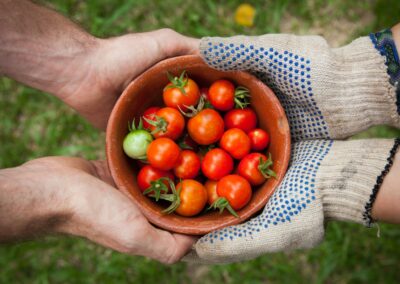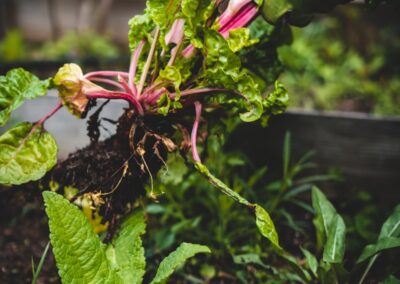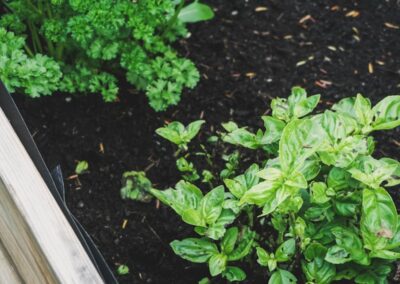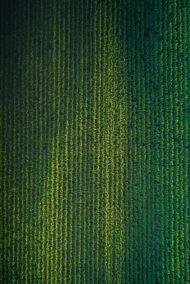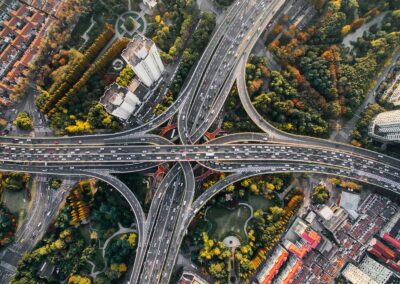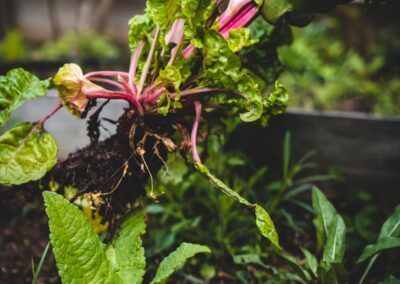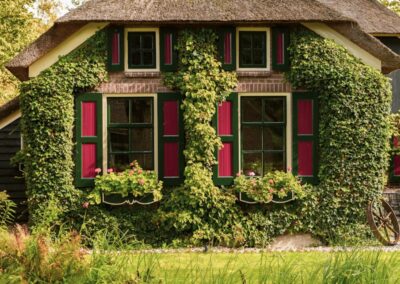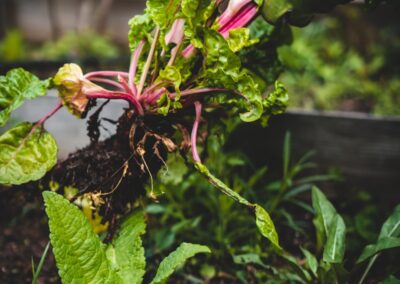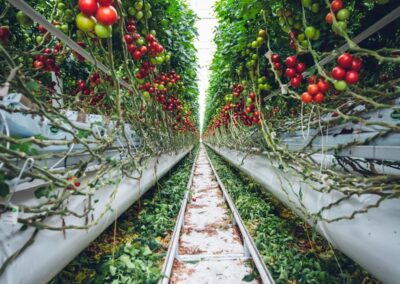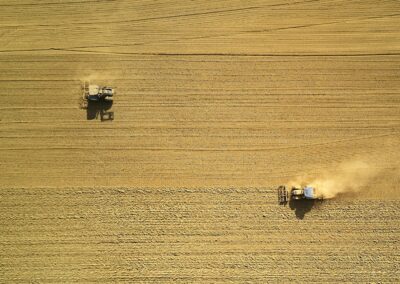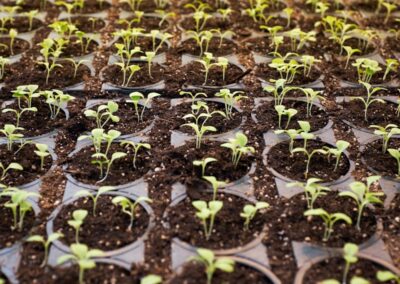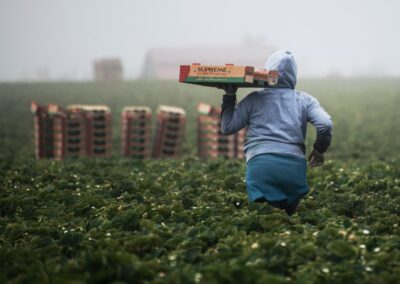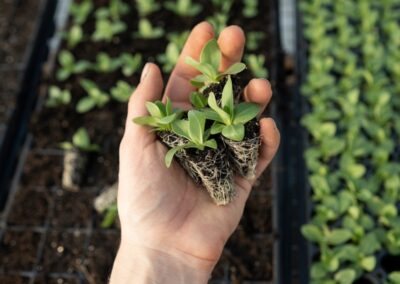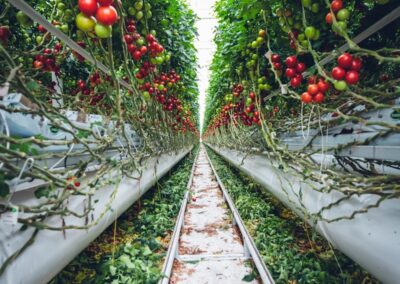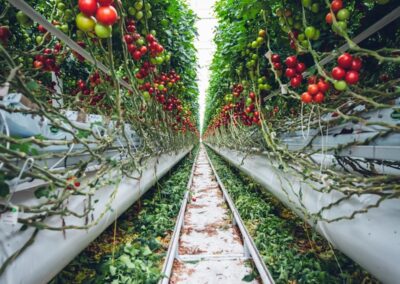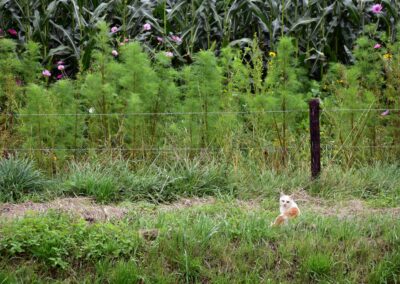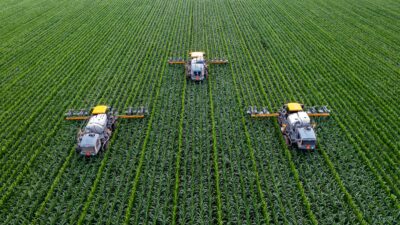Opportunities and Challenges for Sustainable Urban Agriculture
The Potential of Vertical Farming for Urban Food Security
The concept of vertical farming for urban food security is gaining traction as cities around the world seek innovative solutions to meet the growing demand for fresh produce. Vertical farming involves cultivating crops in stacked layers, often incorporating controlled-environment agriculture technology, to optimize plant growth and resource efficiency. In regions like Saudi Arabia and the UAE, where urbanization is rapidly expanding, vertical farming offers a promising approach to enhancing food security and sustainability.
Saudi Arabia’s Vision 2030 emphasizes the importance of diversifying the economy and improving food security through advanced technologies. Vertical farming can play a critical role in this vision by providing a reliable and efficient method of producing fresh vegetables and herbs within urban environments. This approach reduces the reliance on imported produce, which is particularly important for a country with limited arable land and water resources. By adopting vertical farming, Riyadh and other cities in Saudi Arabia can ensure a steady supply of fresh produce, reduce transportation costs, and minimize the environmental impact of traditional agriculture.
Dubai, known for its innovation and forward-thinking initiatives, is also embracing vertical farming to address its food security challenges. The city is investing in cutting-edge agricultural technologies to create sustainable and resilient food systems. Vertical farms in Dubai can be integrated into existing urban structures, such as rooftops and vacant buildings, to maximize space utilization and bring food production closer to consumers. This not only improves access to fresh produce but also supports local economies and reduces the carbon footprint associated with food transportation.
Technological Advancements Driving Vertical Farming
Technological advancements are at the heart of the success of vertical farming for urban food security. Modern vertical farms leverage artificial intelligence (AI), blockchain, and the Internet of Things (IoT) to optimize crop production and ensure transparency throughout the supply chain. In Riyadh and Dubai, the integration of these technologies is transforming the agricultural landscape and driving the adoption of vertical farming.
AI plays a crucial role in monitoring and managing vertical farms. By analyzing data from sensors and cameras, AI systems can optimize growing conditions, predict plant health issues, and automate irrigation and nutrient delivery. This results in higher yields and more efficient resource use. In Dubai, AI-powered vertical farms are already producing a variety of crops with minimal human intervention, demonstrating the potential of technology-driven agriculture.
Blockchain technology enhances transparency and traceability in vertical farming. By recording every stage of the farming process on a blockchain, consumers can have confidence in the safety and quality of their food. This is particularly important in regions like the UAE, where food safety and quality are top priorities. Blockchain can also facilitate efficient supply chain management, reducing waste and ensuring timely delivery of fresh produce to urban markets.
The IoT enables real-time monitoring and control of vertical farms. Sensors collect data on temperature, humidity, light, and nutrient levels, allowing farmers to make data-driven decisions and maintain optimal growing conditions. In Saudi Arabia, IoT-enabled vertical farms can be integrated with smart city initiatives, contributing to the overall goal of creating sustainable and technologically advanced urban environments.
Challenges to Widespread Adoption of Vertical Farming
Despite its potential, the widespread adoption of vertical farming for urban food security faces several challenges. One of the primary obstacles is the high initial investment required to establish vertical farms. The cost of advanced technologies, infrastructure, and energy can be prohibitive for small-scale farmers and startups. To overcome this barrier, governments in Riyadh and Dubai can provide financial incentives, subsidies, and support programs to encourage the development of vertical farming projects.
Another challenge is the need for specialized knowledge and skills to operate and maintain vertical farms. Unlike traditional farming, vertical farming requires expertise in areas such as hydroponics, aquaponics, and controlled-environment agriculture. To address this issue, educational institutions and agricultural organizations in Saudi Arabia and the UAE can offer training programs and workshops to equip farmers with the necessary skills and knowledge.
Energy consumption is also a concern in vertical farming. The use of artificial lighting, climate control systems, and automated equipment can lead to high energy costs and environmental impact. To mitigate this challenge, vertical farms can adopt renewable energy sources, such as solar and wind power, to reduce their carbon footprint and enhance sustainability. Governments can also promote research and development in energy-efficient technologies to support the growth of vertical farming.
Conclusion
Vertical farming holds significant promise for enhancing urban food security and sustainability in regions like Saudi Arabia and the UAE. By leveraging advanced technologies and addressing the challenges of high initial costs, specialized skills, and energy consumption, these nations can develop resilient and efficient food systems. Through strategic investments, educational initiatives, and supportive policies, Riyadh and Dubai can lead the way in adopting vertical farming, ensuring a steady supply of fresh produce for their growing urban populations.
#VerticalFarmingForUrbanFoodSecurity #UrbanAgriculture #SustainableFarming #RiyadhVerticalFarming #DubaiUrbanFarming #SaudiArabiaFoodSecurity #UAEAgriculturalInnovation #AIInFarming #BlockchainInAgriculture #ModernFarmingTechnology #BusinessSuccess #LeadershipInAgriculture #ProjectManagementInUrbanFarming


